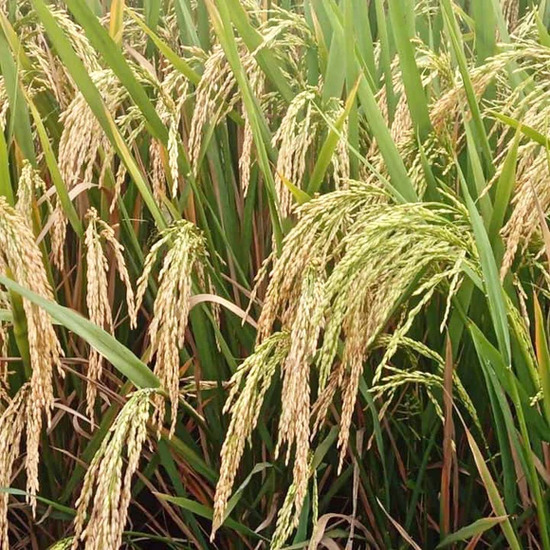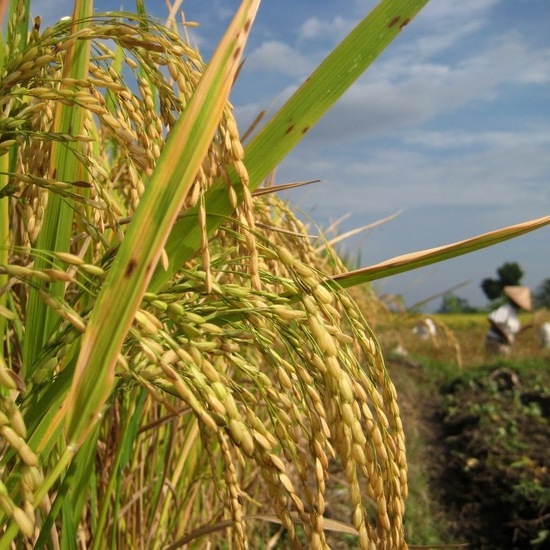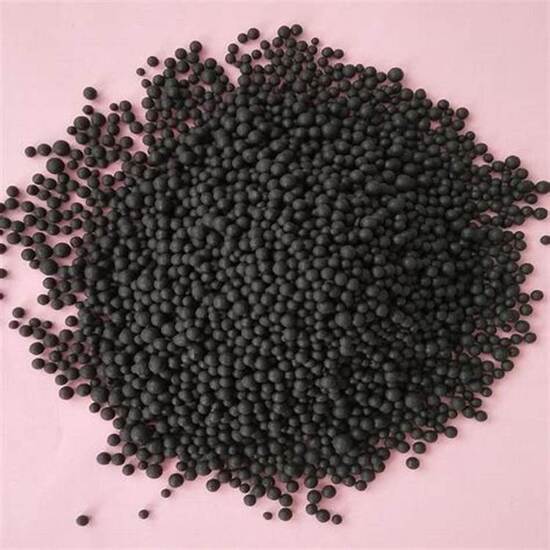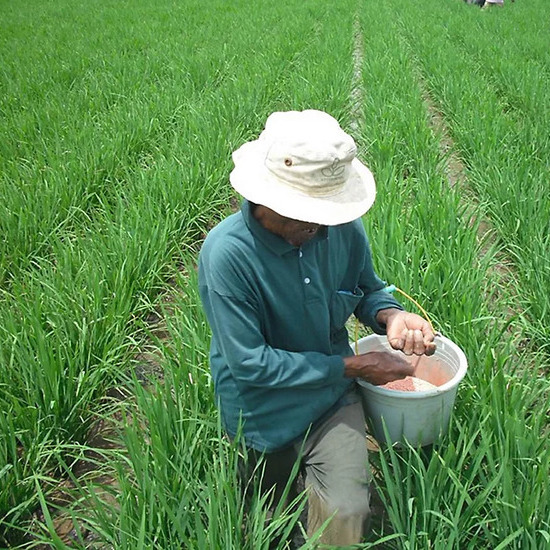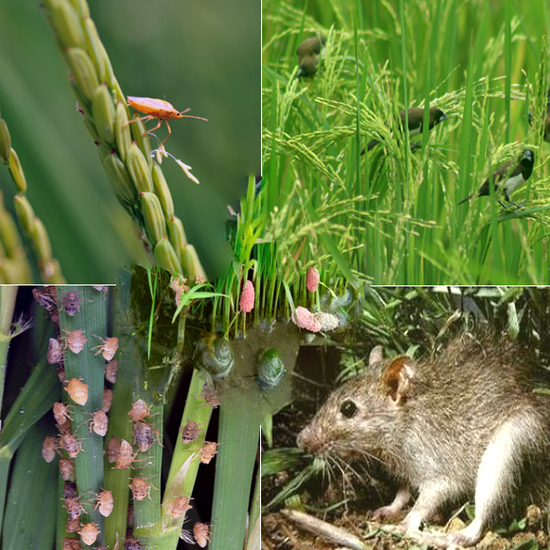Urban Agriculture: Creative Solutions to Meet Food Needs in Urban Environments
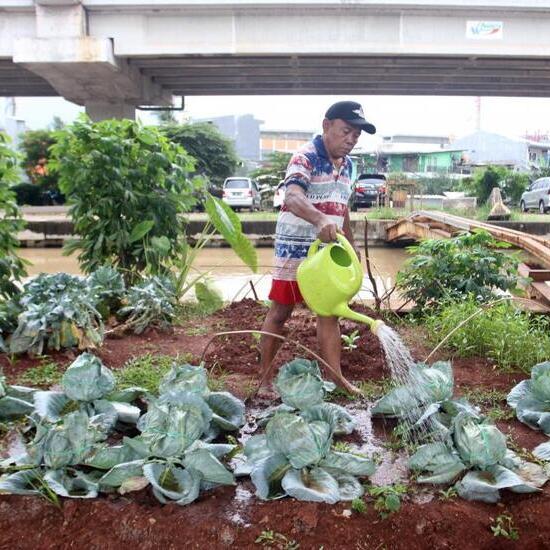
Urban agriculture has become an important innovative solution in answering the challenges of meeting food needs in densely populated urban environments. This article will review various concepts and practices in urban agriculture that are effective alternatives in utilizing limited space in urban areas. One method that is increasingly popular is verticulture, where plants are grown vertically using tiered structures such as walls or shelves, which allows for efficient use of space. In addition, hydroponic and aquaponic techniques are also in the spotlight, where plants are grown without soil with nutrient solutions or using fish waste as a nutrient source.
PT Matari Agro Indonesia, as a pioneer in integrated agricultural consulting services and training centers, plays a key role in facilitating the adoption of these urban farming practices in Indonesia. The company not only provides guidance on cultivation techniques such as vertical farming and hydroponics, but also advocates the use of community gardens and rooftops as effective cultivation areas. Community gardens, which are managed jointly by community groups utilizing public or social facilities, offer a collaborative solution to increase the availability of local food in the surrounding environment.
By encouraging the use of the latest agricultural technology and environmentally friendly practices, PT Matari Agro Indonesia plays a role in strengthening food independence in big cities. This approach not only increases access to fresh vegetables and fruits for urban residents, but also reduces the carbon footprint generated by food distribution from outside the city. Through their support, it is hoped that more urban communities can adopt urban farming as a sustainable lifestyle and contribute positively to health and environmental sustainability.
Benefits of Urban Farming
Urban farming practices not only produce fresh vegetables and fruits for personal consumption, but also have a positive impact in providing healthy and quality food for families. Products produced from organic vegetable gardens are not only richer in nutrition but also free from harmful pesticide residues. PT Matari Agro Indonesia supports urban farmers by providing knowledge about organic fertilization techniques, efficient water management, and natural pest control, resulting in quality products without sacrificing environmental sustainability.
Models and Basic Principles of Urban Farming
Urban farming is distinguished based on the utilization of available open space, from narrow yards to rooftops and vertical land. PT Matari Agro Indonesia provides guidance on how to choose a method that suits the existing space conditions, as well as applying principles such as land saving, clean and environmentally friendly production, economical commodities, and innovative technology support. The company also educates about compliance with urban spatial planning and sustainable principles in urban farming practices, thus providing long-term benefits for the community and the surrounding environment.
Thus, through this article, it is hoped that readers can understand how important urban farming is as a sustainable alternative in providing food for big cities. PT Matari Agro Indonesia is ready to be a partner in building productive and environmentally friendly urban gardens, encouraging positive changes in food consumption patterns and improving the quality of life of urban communities as a whole.
Matari Agro Indonesia is one of the most affordable and farmer-friendly agricultural consulting companies in Indonesia. We provide high-end agricultural consulting services across the country with the help of a diverse team of scientists, operational experts, and technology. If you are looking for a better return on investment for your agricultural investment, contact the Matari Agro Indonesia team today!
